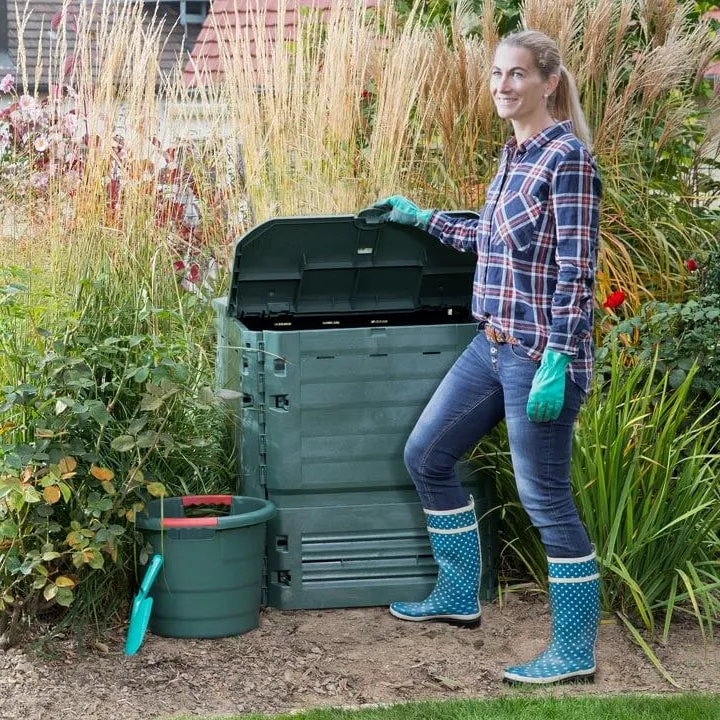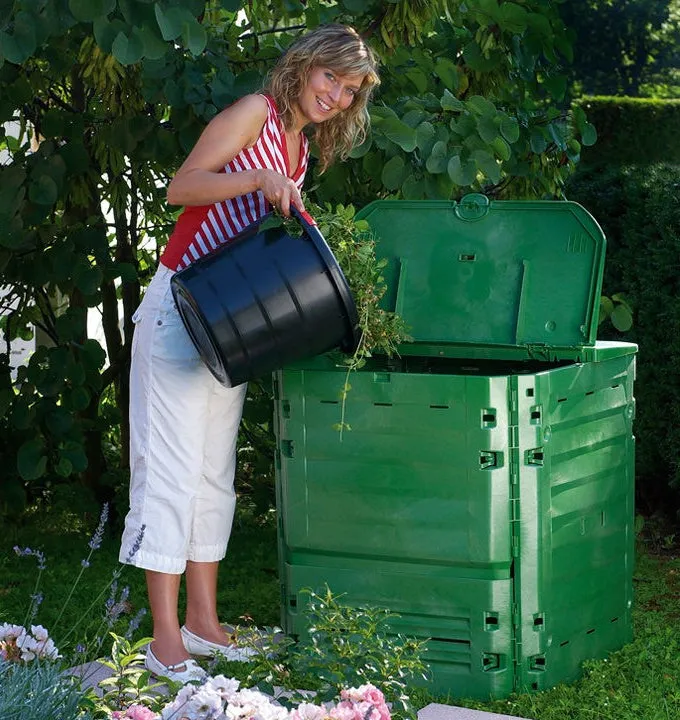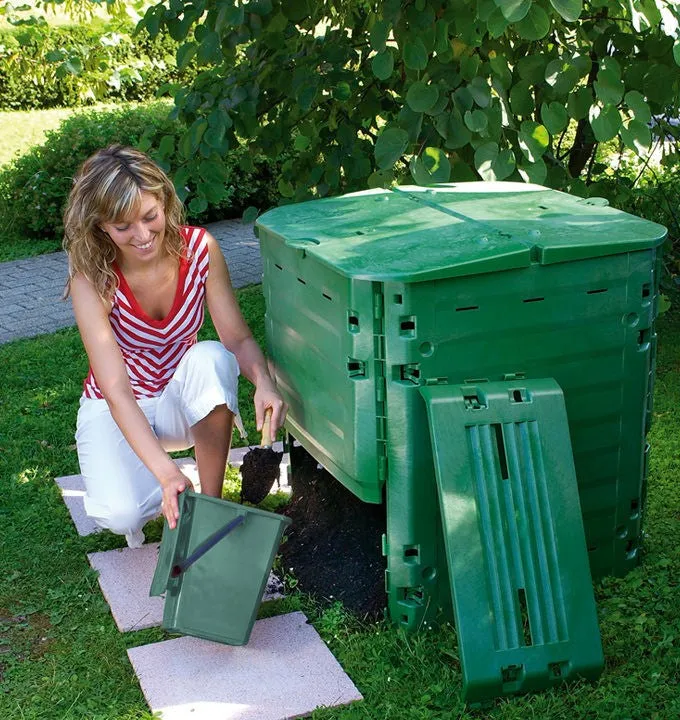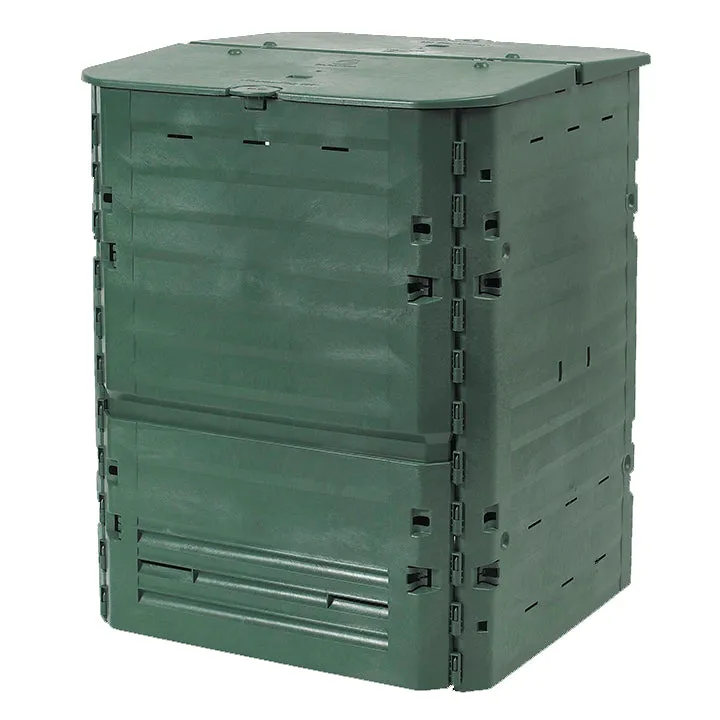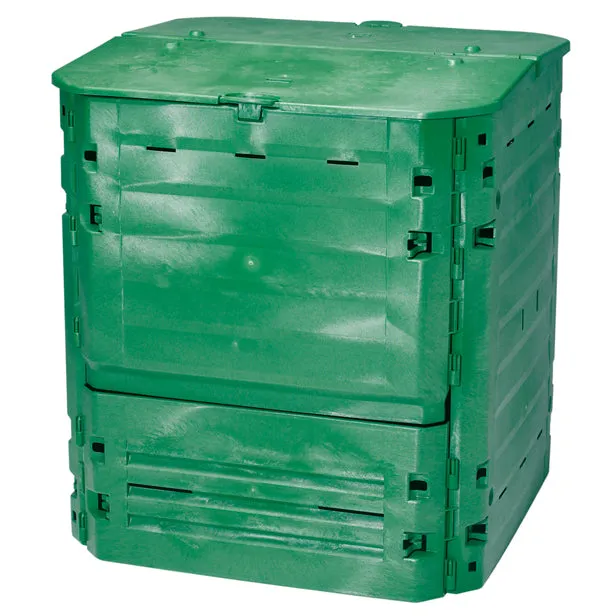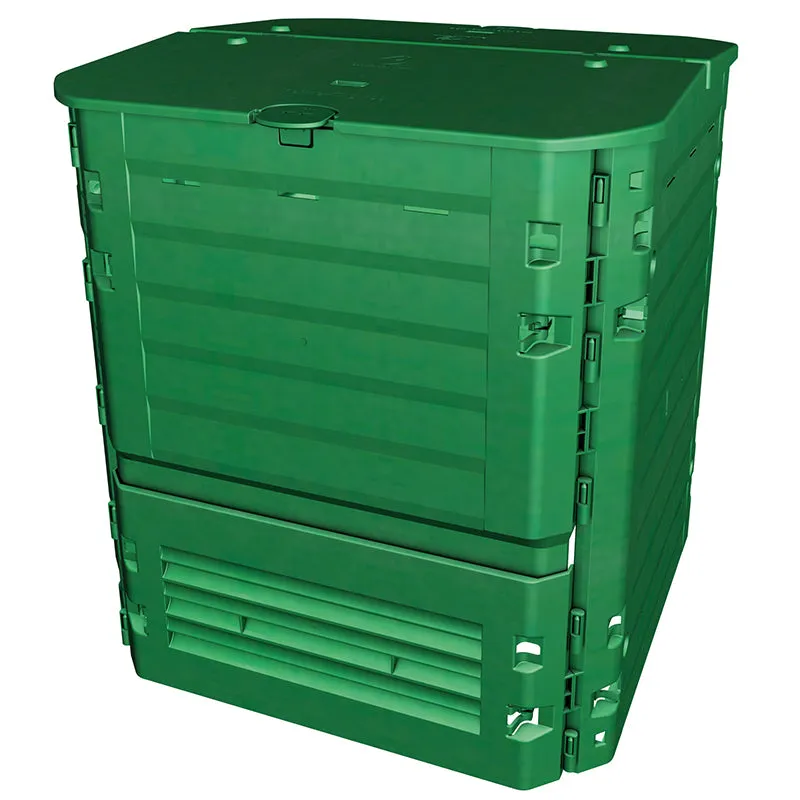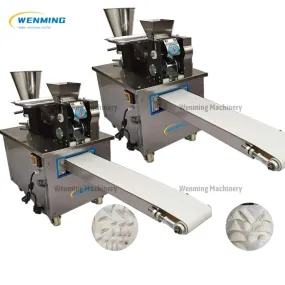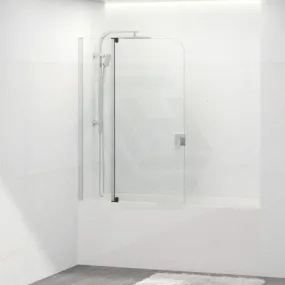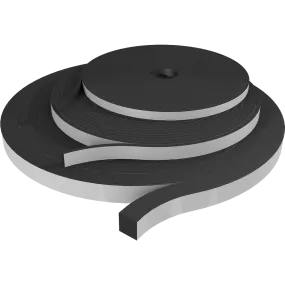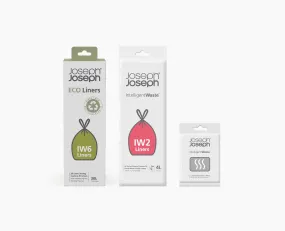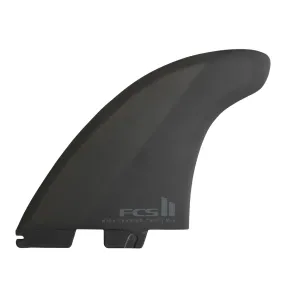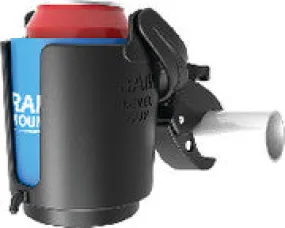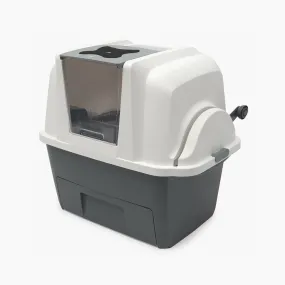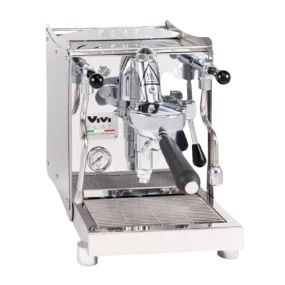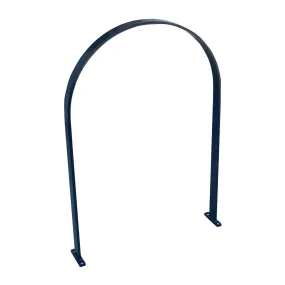Made Using Thermolen – this is an innovative, quality material, developed specifically for use in composters. This material is ‘foamed’ making it highly insulating. By using this material to create the walls of the compost bin it helps to retain the heat generated by the composting process, which in turn accelerates the composting process. Thermolen is sustainably manufactured from 100% recycled polypropylene (PP).
Easy and convenient to remove finished compost – with large, full width flaps at the base of two sides allowing you to access the compost when it’s ready to withdraw and use in your garden.
Siting Your Compost Bin - to work effectively the Thermo-King needs to be sited on a flat surface, in contact with the ground - ideally loosen the soil where the compost bin is to fit before putting it in place. This allows microorganisms to access your composter. YOU SHOULD NOT put the composter on asphalt, stone, or concrete surfaces, on patios or decking. Ideally it should be in a sunny or partly shaded position in your garden, protected from any excessive winds.
Available in three sizes
400 litre - 33inch (84cm) high, 29inch (74cm) wide, 29inch (74cm) deep.
600 litre - 41inch (104cm) high, 31½inch (80cm) wide, 31½inch (80cm) deep.
900 litre - 39½inch (100cm) high, 39½inch (100cm) wide, 39½inch (100cm) deep.
Made from 100% recycled plastic, resistant to UV and weathering for durability.
This simple, black floor grid is made from hard wearing, recycled plastic. Providing a flat surface onto which to stand your compost bin, its’ clever design allows microorganisms access to your composter whilst making it more difficult for rodents to gain access (it should be noted that as this soil fence is plastic it can be chewed through).
Supplied for simple self-assembly, no tools required. The side panels feature the ‘easy-lock-system‘ that means the four side panels simply clip together to make a secure connection and robust finished structure.
The Recipe For Successful Compost
To produce good compost you should use a mix of wet and dry, course and fine materials. The better the waste is mixed, the easier and better it rots. You shouldn't fill the composter in one go. Instead, fill it slowly, adding waste daily. And you shouldn't use your compost bin as a 'rubbish heap'. Think about what you are going to add to the bin and you will then be successful in creating your own compost.
Here are a few tips when adding these common garden and kitchen waste materials:

 Cart(
Cart(